NGO Calls for Government Scrutiny of Starlink-Safaricom Dispute
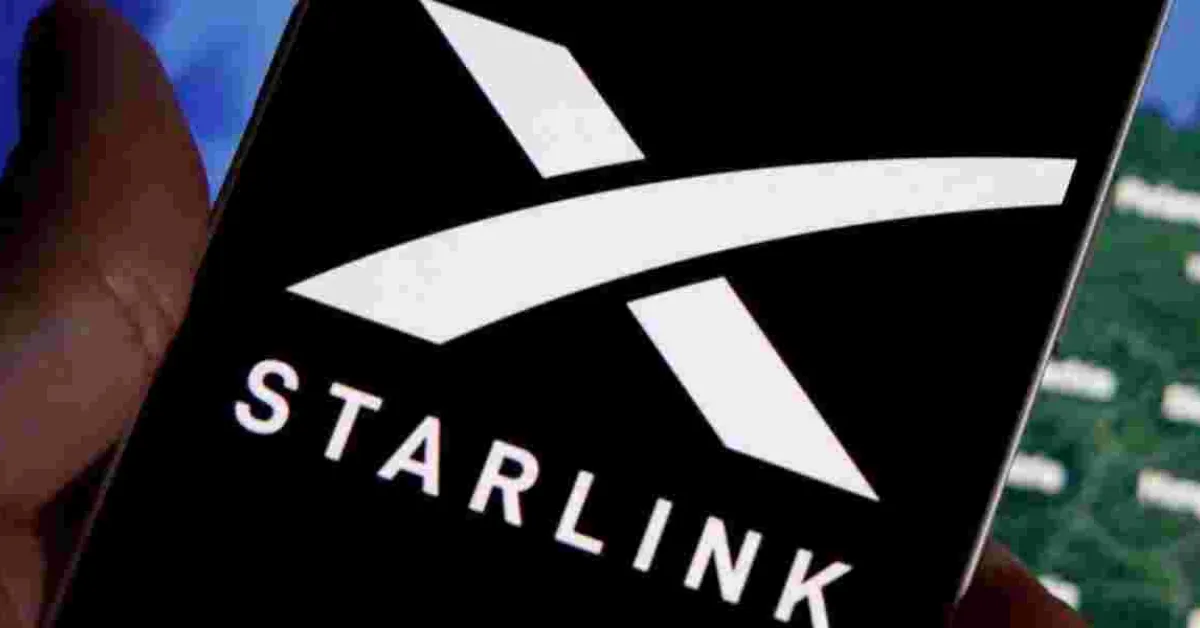
Kituo Cha Sheria, a prominent Kenyan non-governmental organization, has initiated legal proceedings to support Elon Musk's Starlink entry into the Kenyan market.
This action comes in response to claims by Safaricom that the direct entry of satellite internet services could potentially compromise mobile network quality. The NGO has filed an urgent case arguing that satellite internet services should be allowed to develop without undue interference. Kituo Cha Sheria contends that Safaricom's allegations, presented in a letter to the Communications Authority of Kenya (CA) on July 5, 2024, lack substantiation and are biased due to Safaricom's position as a competitor. Safaricom's letter cautions that granting independent licenses to satellite service providers might result in illegal connections and harmful interference with mobile networks.
Represented by lawyer Marc Chirchir, Kituo Cha Sheria is seeking a court order directing the Competition Authority of Kenya (CAK), the CA, and other relevant regulators to conduct a comprehensive scientific inquiry into global best practices for regulating satellite internet services. The NGO emphasizes that this study should be conducted free from any undue influence from mobile network operators or other industry players. Additionally, the organization is requesting a conservatory order of injunction to prevent the CA and CAK from taking actions that could potentially harm consumers of SpaceX's Starlink, including actions that might impede payments to Starlink, its subsidiaries, licensees, distributors, or affiliated companies.
Safaricom's position has ignited significant debate, with the company urging the regulator to reconsider its decision to grant independent licenses to satellite service providers. While Safaricom argues that such an arrangement could disrupt the market and lead to technical issues, Kituo Cha Sheria maintains that these claims are unfounded. The NGO asserts that Starlink's entry could significantly reduce internet costs in Kenya, a market currently dominated by Safaricom, Jamii Telecommunications Ltd, and Zuku. Starlink, backed by Elon Musk, aims to provide high-speed internet through a network of satellites in low Earth orbit. This technology promises to deliver high-speed internet with low latency, making it particularly suitable for rural and underserved regions.
The potential entry of Starlink into the Kenyan market could revolutionize internet access, especially in remote areas where traditional internet service providers have struggled to establish a presence. Dr Annette Mbogoh, the executive director of Kituo Cha Sheria, emphasizes the importance of internet access as a fundamental socio-economic right. She highlights that disparities in internet access exacerbate existing inequalities, impeding economic growth and social mobility for marginalized communities. Dr Mbogoh stresses that ensuring equitable access to high-quality, affordable Internet is not merely a matter of technological advancement but a critical component of social justice and human development.
The NGO argues that Safaricom's letter to the CA seeks to restrict trade, as outlined in Section 21 of the Competition Act. According to Kituo Cha Sheria, the letter aims to limit Starlink's control of production, market outlets, technical development, and investment in the Kenyan market. The organization warns that unless this perceived threat to block Starlink is urgently addressed, Kenyan internet users will continue to grapple with unaffordable internet prices.

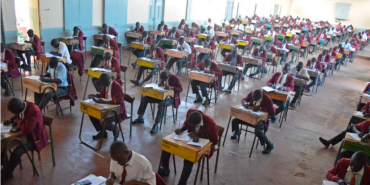
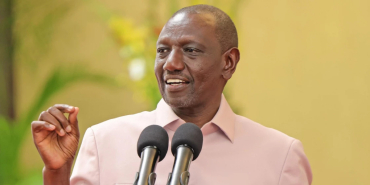
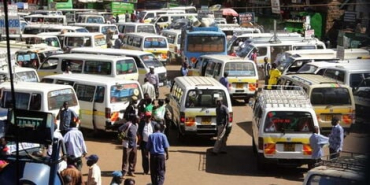
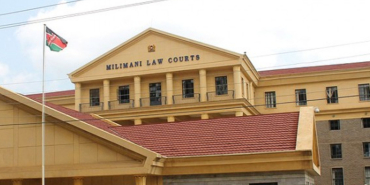

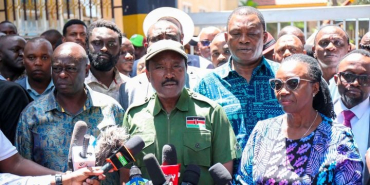
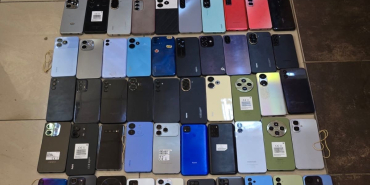

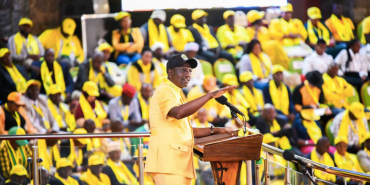




Comments
Safaricom f*ck off we really…
Permalink
Safaricom f*ck off we really don't care even if the President William Samoei Ruto has the Majority share. Internet is a needy to the modern world just like any imaginable ones.
Add new comment